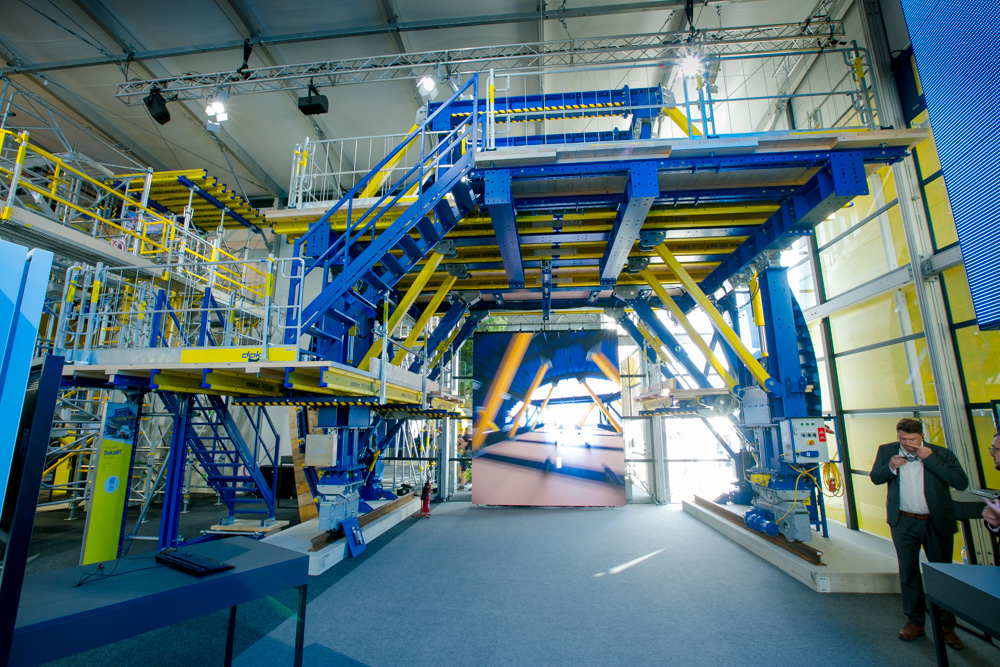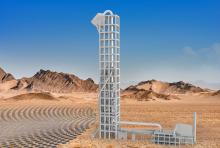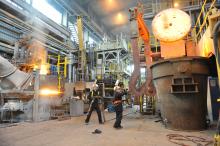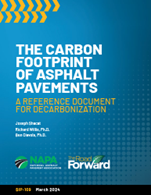
Doka has pledged that it will be climate-neutral by 2040 as it addresses one of the most pressing issues in the global construction industry. By focusing on decarbonisation and the circular economy, the company says it has already made an important first step towards achieving this goal.
Last summer, Doka introduced the Product Carbon Footprint to help customers make more environmentally responsible purchasing decisions, explained Robert Hauser, the company’s chief executive.
"Sustainability and digitalisation are two of the most powerful market influences and important pillars of our global growth strategy,” he said. “With the calculation of the Product Carbon Footprint, we empower our sector to make environmentally conscious product selection decisions.”
The Product Carbon Footprint details each product’s CO2 emissions. The company reviewed the composition and raw material requirements for each item’s manufacturing, plus delivery methods to the worldwide distribution centres and branch offices, repair and cleaning processes, as well as end-of-life recycling. This cradle-to-grave approach allows Doka to detail each product's carbon footprint over its entire life-cycle.
For example, the Doka floor prop Eurex 20 top 300 generates 38kg CO2-equvalent, while the Doka floor prop Eurex LW 300 accounts for 27kg CO2-eq. Thanks to high-strength steel and state-of-the-art production, the latter weighs significantly less than standard tubular steel props, delivers the same performance and service life, but with fewer CO2 emissions.








